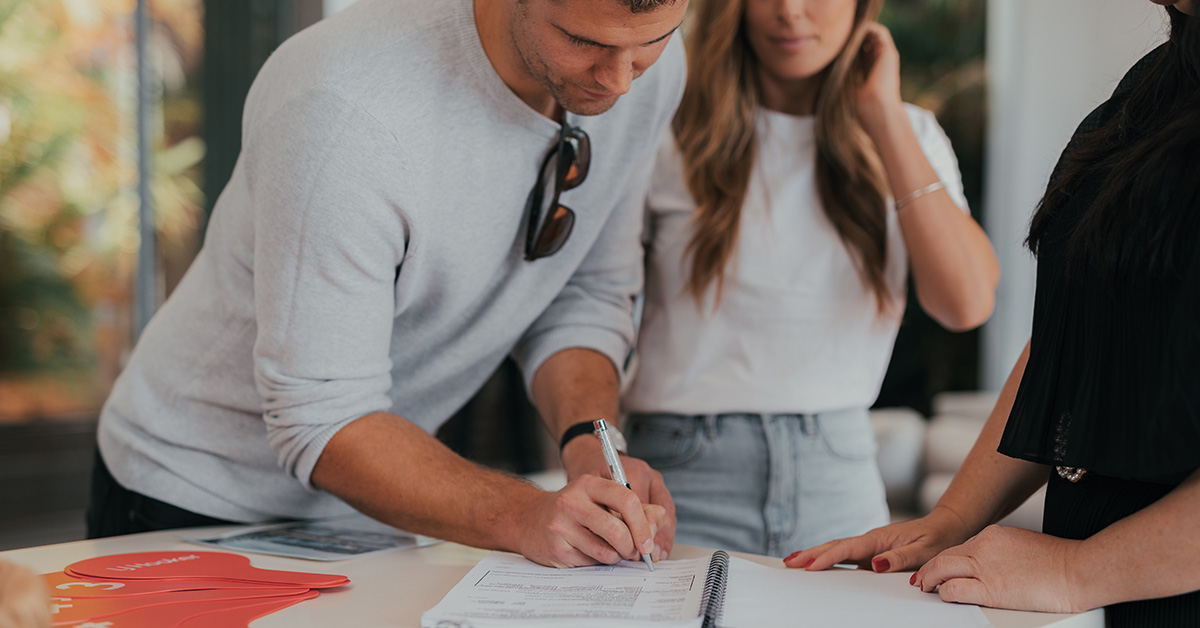Buying at Auction
Whether this is your first auction or you are a seasoned pro, it is important to be as prepared.
Familiarise yourself with the whole process, by attending a few auctions for properties in your preferred suburb to observe how they work. By understanding how an auction plays out you will feel more comfortable when it comes time to join the action.
Once you have your eyes set on a specific home, spend a few hours researching the area it is located in to gain a feel for the local market - comparing sales prices of similar houses or units nearby is a good start.
Prior to the auction you will need to ensure that you have carried out sufficient inspections and have a 10 percent deposit should you be the successful bidder.
Most importantly, set yourself a limit then bid with confidence and do not allow rivals to be intimidating - you are just as prepared to win this auction as they are.
The auction bidding process
A successful house or unit purchase at auction involves going through a number of important stages - and you will want to pay particular attention to the bidding process.
If the bidding is slow or has not been initiated, the vendor may, through the Auctioneer, choose to submit an opening bid to get the auction under way.
The vendor's reserve price is the minimum amount they are willing to settle for - once it is reached, the property becomes open to be sold at the auction, while if this level is not reached the property may be passed in and a sale price potentially negotiated afterward.
An accomplished auctioneer will signal clearly that the property is about to be sold by saying, 'once, twice, third and final call, SOLD'.
As the successful bidder you will be required to pay a 10 percent deposit at the fall of the hammer.
Auctions are the ultimate transparent method of buying Real Estate. You, the buyer, are in control, you are competing with other buyers. It is a simple system of buying and selling and that is why it has survived for more than 2000 years.




